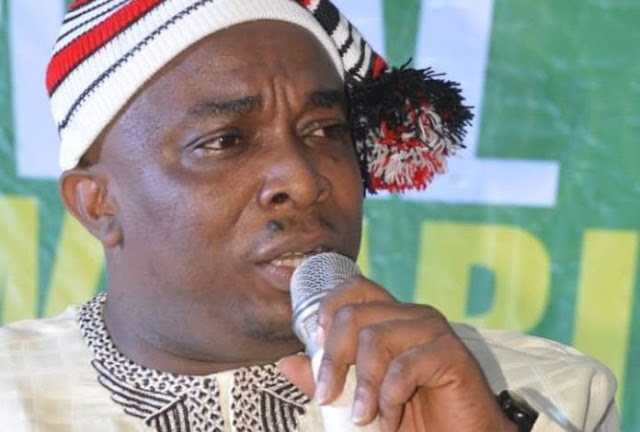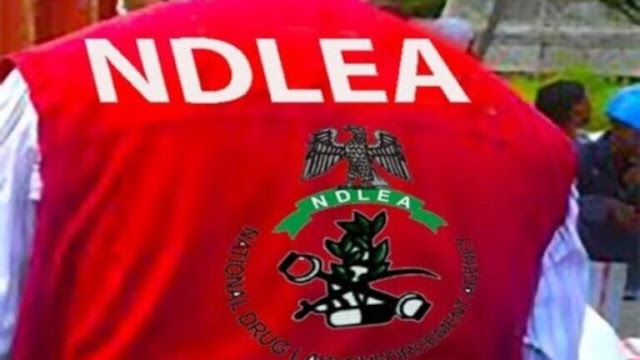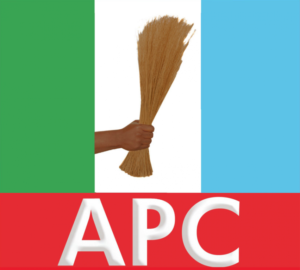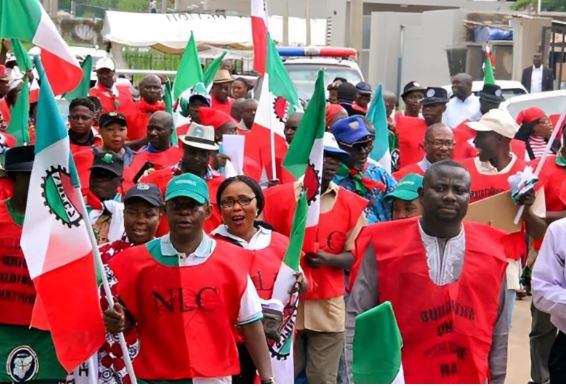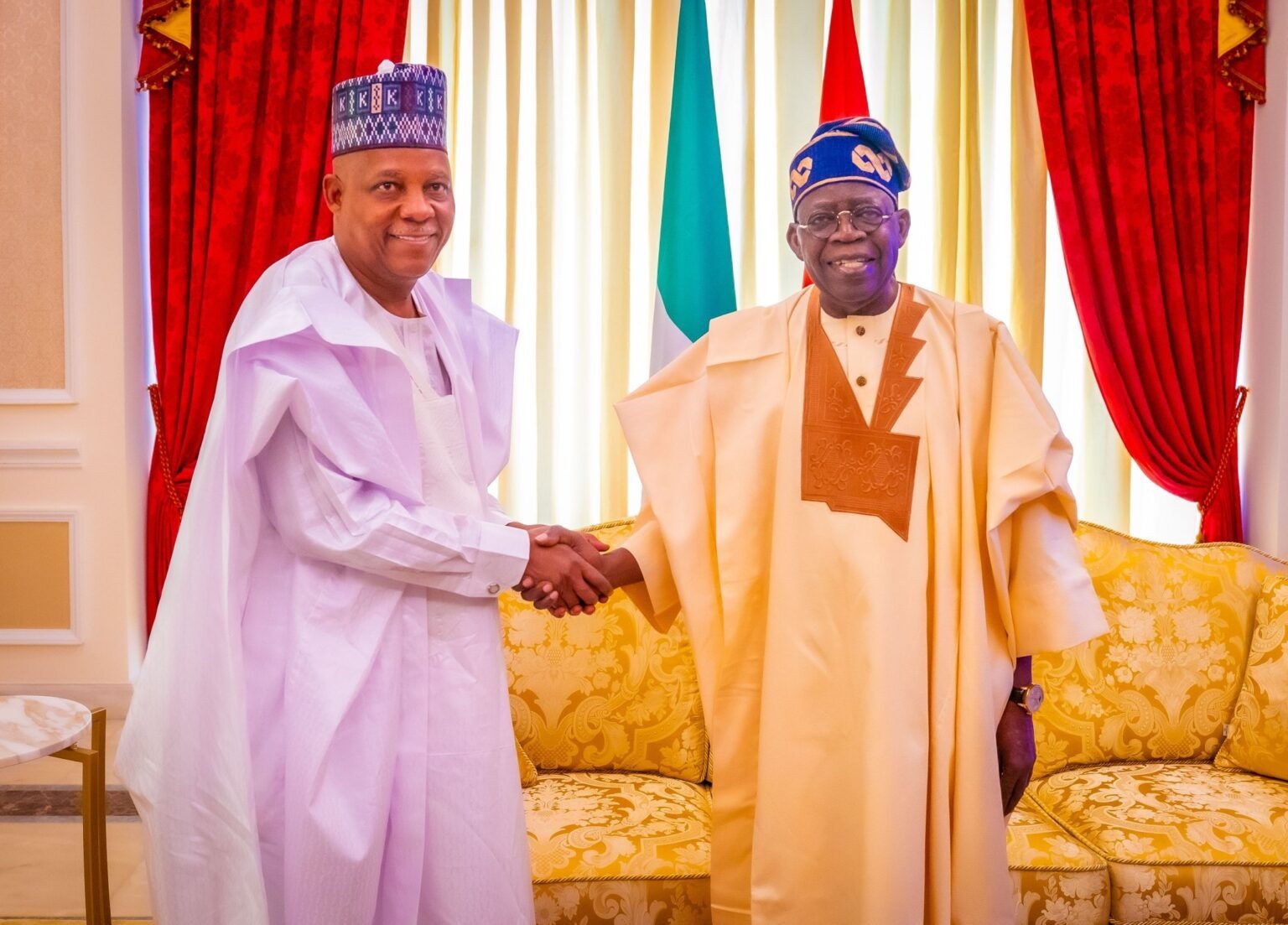The apex Igbo socio-cultural organization, Ohanaeze Ndigbo, has issued a vehement condemnation of the decision to invite former Kaduna State Governor, Malam Nasir El-Rufai, as a guest speaker at the 26th Odenigbo Lecture Series held in Owerri, Imo State. The event, organized by the Catholic Archdiocese of Owerri, has sparked significant controversy due to El-Rufai’s inclusion, with Ohanaeze labeling the decision as an affront to Igbo sensibilities and a betrayal of the values the lecture series represents. This development has ignited a broader conversation about cultural sensitivity, political accountability, and the intersection of regional identities in Nigeria’s complex socio-political landscape.
Background of the Odenigbo Lecture Series
The Odenigbo Lecture Series, an annual event organized by the Catholic Archdiocese of Owerri, has been a cornerstone of intellectual and cultural discourse in Igboland for over two decades. Established in 1996, the lecture series serves as a platform to promote Igbo language, culture, and values while addressing contemporary issues affecting the Igbo people and Nigeria at large. The event typically features prominent scholars, leaders, and intellectuals who deliver thought-provoking presentations on topics ranging from governance and social justice to cultural preservation and national unity.
The 26th edition of the Odenigbo Lecture, held on September 7, 2025, was anticipated to continue this tradition of fostering meaningful dialogue. However, the inclusion of Nasir El-Rufai, a polarizing figure in Nigerian politics, as a guest speaker has overshadowed the event’s objectives, prompting outrage from Ohanaeze Ndigbo and sections of the Igbo community.
Ohanaeze’s Position: A Clash of Values
In a strongly worded statement issued by Ohanaeze Ndigbo’s National Publicity Secretary, Dr. Chiedozie Orji, the organization expressed its dismay at the Archdiocese’s decision to invite El-Rufai. The statement described the move as “insensitive, provocative, and a direct insult to the collective psyche of Ndigbo.” Ohanaeze argued that El-Rufai’s participation in an event meant to celebrate Igbo culture and address pressing issues facing the Igbo nation was inappropriate given his controversial political record and perceived anti-Igbo sentiments during his tenure as governor of Kaduna State.
Ohanaeze’s criticism is rooted in several grievances against El-Rufai, particularly his governance policies and public statements that have been interpreted as antagonistic toward the Igbo people. The organization pointed to his administration’s handling of ethno-religious conflicts in Kaduna, which resulted in significant loss of life and property, including among Igbo residents. Additionally, El-Rufai’s alleged role in marginalizing certain ethnic groups and his outspoken criticism of policies perceived to favor the Igbo have fueled perceptions of bias.
Dr. Orji emphasized that the Odenigbo Lecture Series is a sacred platform for the Igbo to reflect on their heritage and chart a path toward progress. Inviting a figure like El-Rufai, whose actions and rhetoric are seen as divisive, undermines the event’s purpose and risks alienating the very community it seeks to serve. “The Odenigbo Lecture is not a platform for political grandstanding or for individuals whose records contradict the values of unity, justice, and equity that Ndigbo hold dear,” Orji stated.
Nasir El-Rufai: A Polarizing Figure
Nasir El-Rufai, a prominent figure in Nigerian politics, served as the governor of Kaduna State from 2015 to 2023. Prior to his governorship, he held significant positions, including Director-General of the Bureau of Public Enterprises and Minister of the Federal Capital Territory under President Olusegun Obasanjo’s administration. Known for his technocratic approach and bold reforms, El-Rufai has garnered both admiration and criticism throughout his career.
Supporters view him as a visionary leader who tackled inefficiencies and modernized Kaduna State through infrastructure development and urban renewal projects. However, his tenure was also marked by controversies, including accusations of high-handedness, religious bias, and insensitivity to ethnic diversity. Critics, including Ohanaeze, have pointed to policies such as the demolition of properties owned by non-indigenes and the handling of communal clashes in Southern Kaduna as evidence of his divisive leadership style.
El-Rufai’s public statements have also drawn scrutiny. His vocal opposition to restructuring Nigeria’s federal system and his perceived dismissive attitude toward agitations for self-determination, particularly from groups like the Indigenous People of Biafra (IPOB), have made him a lightning rod for criticism in the Southeast. These factors have contributed to the perception that his invitation to the Odenigbo Lecture was tone-deaf and disrespectful to the Igbo community.
The Catholic Archdiocese’s Rationale
The Catholic Archdiocese of Owerri, in response to the backlash, defended its decision to invite El-Rufai, arguing that the Odenigbo Lecture Series is meant to foster dialogue and bridge divides across Nigeria’s diverse ethnic and religious groups. In a statement signed by the Archdiocesan Chancellor, Rev. Fr. Michael Okoro, the organizers emphasized that El-Rufai was invited based on his experience as a public administrator and his insights into governance, which they believed could contribute to the theme of the lecture, reportedly centered on “Leadership and National Cohesion.”
Rev. Fr. Okoro noted that the lecture series has historically invited speakers from diverse backgrounds, including non-Igbos, to encourage inclusivity and mutual understanding. “The Odenigbo Lecture is not an exclusively Igbo affair but a platform for all Nigerians to engage in constructive dialogue,” the statement read. The Archdiocese further clarified that El-Rufai’s participation was not an endorsement of his political views or actions but an opportunity to hear his perspective on national issues.
Despite this explanation, Ohanaeze and other critics have dismissed the Archdiocese’s rationale as inadequate, arguing that the choice of El-Rufai disregards the sensitivities of the Igbo people, particularly in light of their historical and contemporary grievances.
Historical Context: Igbo Marginalization and Political Tensions
To fully understand the controversy, it is essential to situate it within the broader context of Igbo marginalization in Nigeria’s political history. Since the end of the Nigerian Civil War (1967–1970), the Igbo have faced systemic exclusion from key political and economic positions, fueling perceptions of second-class citizenship. The scars of the war, coupled with ongoing socio-economic disparities and security challenges in the Southeast, have heightened sensitivities to actions perceived as dismissive or antagonistic toward Igbo interests.
Ohanaeze Ndigbo, as the foremost Igbo socio-cultural organization, has consistently advocated for equity, justice, and the protection of Igbo rights within Nigeria’s federal structure. The organization has been vocal in condemning policies and actions that exacerbate ethnic tensions or undermine the Igbo’s quest for inclusion. The invitation of El-Rufai to the Odenigbo Lecture, in this context, is seen as a provocation, particularly given his association with policies that many Igbos view as discriminatory.
Moreover, the Southeast has been a hotbed of agitations for self-determination, with groups like IPOB and the Movement for the Actualization of the Sovereign State of Biafra (MASSOB) gaining traction among disaffected youths. These movements have capitalized on the narrative of Igbo marginalization to push for secession, further complicating the region’s relationship with the Nigerian state. The decision to platform a figure like El-Rufai, who has publicly opposed such agitations, is perceived as a slap in the face to those who feel their grievances are being ignored.
Public Reactions: A Divided Discourse
The controversy has sparked a range of reactions from various quarters, reflecting Nigeria’s complex ethnic and political fault lines. On social media platforms like X, opinions are sharply divided. Some users, particularly from the Igbo community, have echoed Ohanaeze’s sentiments, accusing the Archdiocese of betraying the Igbo cause. Posts with hashtags such as #Odenigbo2025 and #ElRufaiNotWelcome have trended, with users expressing outrage and calling for a boycott of the event.
Conversely, others have defended the Archdiocese’s decision, arguing that dialogue with diverse perspectives is essential for national unity. Some X users have pointed out that excluding figures like El-Rufai from such platforms risks perpetuating division and stifling constructive engagement. A user with the handle @UnityNG tweeted, “The Odenigbo Lecture is about ideas, not tribalism. El-Rufai may be controversial, but silencing him won’t solve Nigeria’s problems.” This sentiment reflects a broader debate about the balance between cultural sensitivity and the need for open dialogue in a multi-ethnic society.
Civil society groups and political analysts have also weighed in. The Igbo Youth Progressive Association (IYPA) issued a statement aligning with Ohanaeze, describing El-Rufai’s invitation as “a deliberate attempt to provoke the Igbo nation.” Meanwhile, the Nigerian Political Science Association (NPSA) cautioned against escalating the issue into a full-blown ethnic conflict, urging stakeholders to focus on dialogue and reconciliation.
Implications for Igbo-Catholic Relations
The controversy has also raised questions about the relationship between the Igbo community and the Catholic Church, which has historically played a significant role in Igbo society. The Catholic Church in Igboland has been a bastion of cultural preservation, education, and social advocacy, with institutions like the Archdiocese of Owerri serving as key stakeholders in community development. The decision to invite El-Rufai has strained this relationship, with some Igbo leaders accusing the Church of prioritizing political correctness over the interests of its congregants.
Ohanaeze’s statement called on the Archdiocese to issue a public apology and reconsider its approach to future events. The organization also urged Igbo Catholics to voice their displeasure through peaceful means, such as boycotting the lecture or engaging in constructive dialogue with Church leaders. The tension highlights the delicate balance the Church must navigate as a moral and cultural institution in a region fraught with political sensitivities.
Broader Socio-Political Ramifications
The El-Rufai controversy is emblematic of deeper challenges facing Nigeria’s quest for national cohesion. The country’s ethnic diversity, while a source of cultural richness, has often been a fault line for conflict and mistrust. Events like the Odenigbo Lecture, which aim to foster unity, can inadvertently become flashpoints when decisions are made without adequate consideration of historical and cultural contexts.
The incident also underscores the importance of leadership accountability in Nigeria. Public figures like El-Rufai, who wield significant influence, are often judged not only by their actions but also by the perceptions they create. For the Igbo, who have long felt marginalized, the invitation of a figure associated with controversial policies is a reminder of their precarious position within the Nigerian state.
Furthermore, the controversy highlights the role of socio-cultural organizations like Ohanaeze in shaping public discourse. While Ohanaeze’s condemnation has resonated with many Igbos, it has also drawn criticism from those who view the organization as overly reactive or divisive. Balancing advocacy with diplomacy remains a challenge for groups seeking to represent ethnic interests in a polarized nation.
The Way Forward: Dialogue and Reconciliation
To address the fallout from the controversy, several steps could be taken by the stakeholders involved. First, the Catholic Archdiocese of Owerri could engage in direct dialogue with Ohanaeze Ndigbo and other Igbo leaders to address their concerns and rebuild trust. A public forum or town hall meeting could provide a platform for open discussion, allowing the Archdiocese to clarify its intentions and demonstrate its commitment to Igbo interests.
Second, Ohanaeze could use this incident as an opportunity to advocate for broader reforms, such as greater inclusion of Igbo perspectives in national decision-making processes. By framing the issue within the context of Nigeria’s ethnic dynamics, the organization could push for policies that address historical grievances and promote equity.
Finally, the controversy underscores the need for Nigerians to engage in honest conversations about their differences. While platforms like the Odenigbo Lecture Series are designed to foster such dialogue, they must be managed with sensitivity to avoid exacerbating tensions. Inviting speakers with diverse perspectives is valuable, but it must be done with a clear understanding of the historical and cultural context in which they operate.
Conclusion
The decision to invite Nasir El-Rufai to the 26th Odenigbo Lecture Series has ignited a firestorm of controversy, with Ohanaeze Ndigbo leading the charge against what it perceives as an affront to Igbo dignity. The incident reflects deeper issues of ethnic sensitivity, political accountability, and the challenges of fostering unity in a diverse nation. While the Catholic Archdiocese of Owerri defends its decision as an attempt to promote dialogue, the backlash underscores the need for greater care in navigating Nigeria’s complex socio-political landscape.
As the debate continues, the hope is that stakeholders will seize this opportunity to engage in meaningful dialogue, address longstanding grievances, and work toward a more inclusive Nigeria. The Odenigbo Lecture Series, with its rich history of intellectual and cultural engagement, remains a vital platform for such efforts, provided it can regain the trust of the community it serves.


